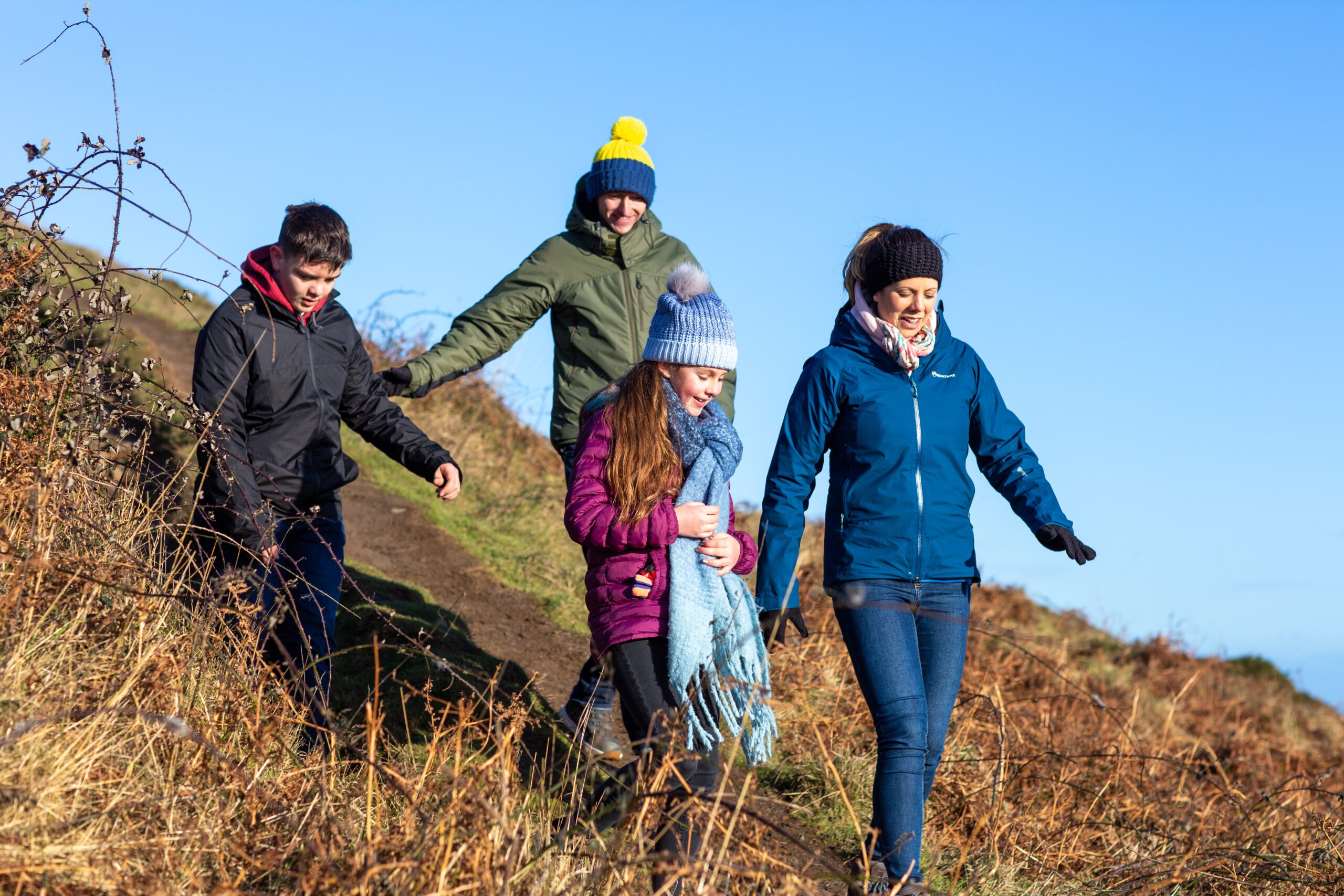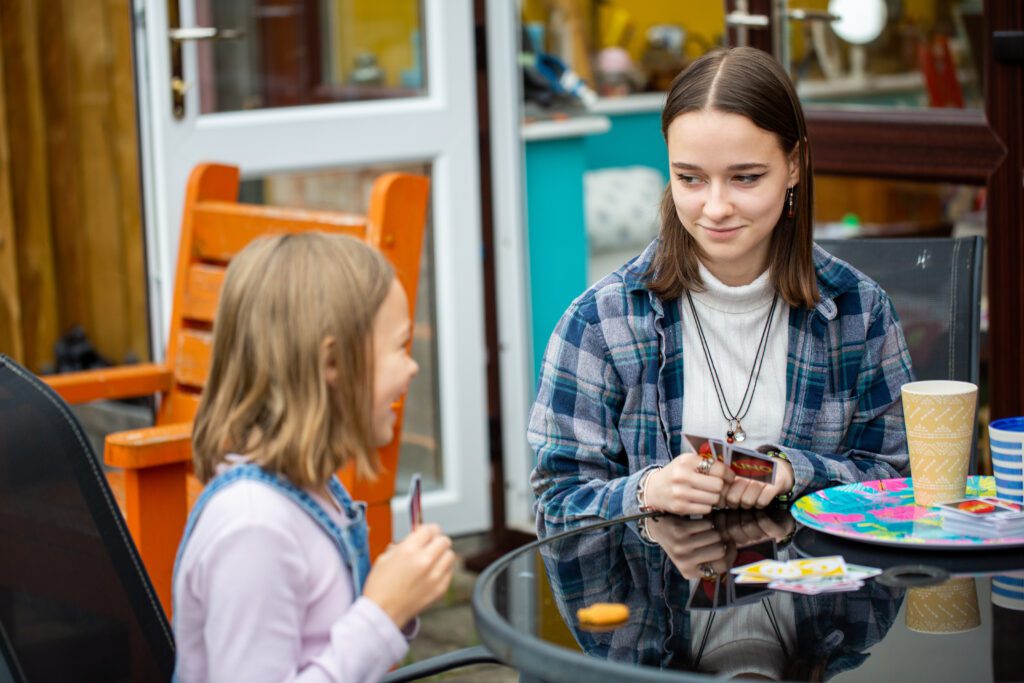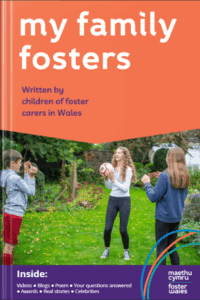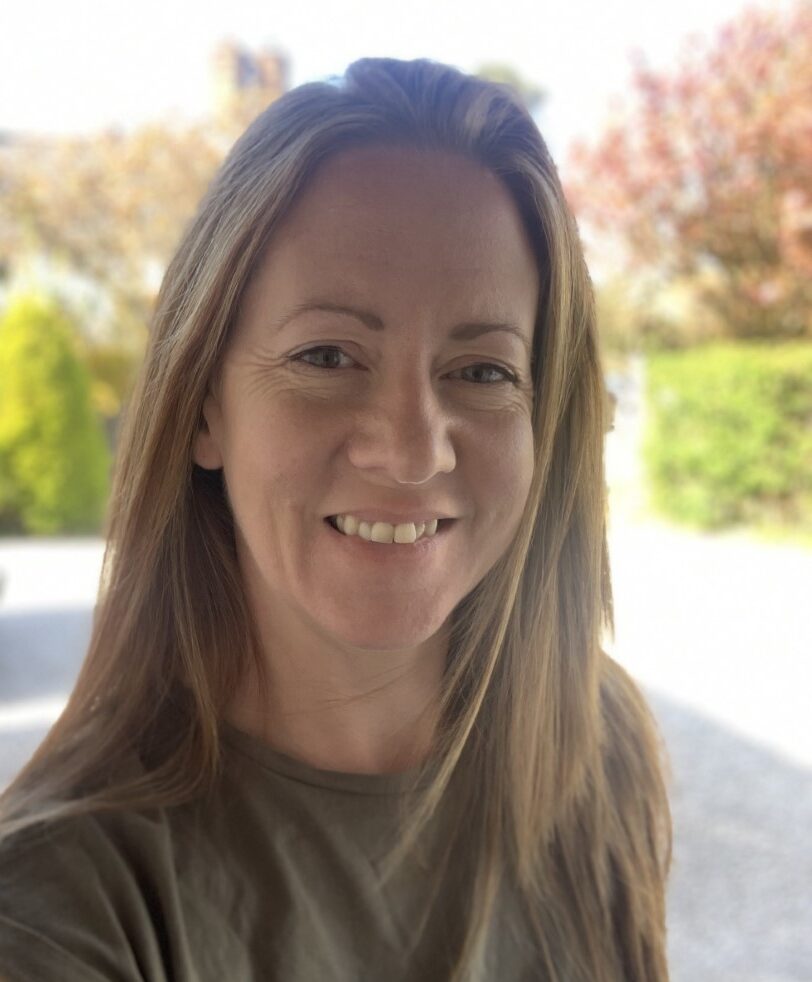
Conversations around fostering often focus on the adults – the foster carers who make the decision to welcome young people into their homes. But there’s always more to the story; it’s the story of a whole family.
In many households, birth children of foster carers play an important role. After all, they are the ones making foster children feel welcome and safe from day one, by sharing not only their homes, but also their everyday routine and their parents.
Speaking to children of foster carers shines a light on their unique experiences growing up alongside foster siblings – from the challenges, to the joys and lessons that will stay with them for life.
foster family daily routine
For birth children of foster carers, fostering becomes integrated into the fabric of family life. Whether a child stays in their home for a few days, or months and even years, to them, the experience comes down to their family offering a safe place to stay when they cannot live with their birth parents.
‘I’ve learnt that life isn’t always perfect, and we need to step up and help’ – Eli
The day-to-day reality of living with foster siblings is often busy: from new routines everyone needs to embrace, to more people around at mealtime, social workers on the phone and filling in paperwork at the kitchen table, and sharing the remote control (or the bathroom!).
And while birth children of foster carers also need to share their parents’ time and attention, the shared memories and milestones often lead to lifelong friendships.
Fostering really is an endeavour that involves the entire family.

how children of foster carers help
Fostering is a team effort, and the birth children of foster carers play an important part. Often, they’d be the first to offer a warm greeting, give them the house tour, and help them settle. Whether it’s showing them to their room, joining in with a game, or just watching a show together, these small gestures can make all the difference to a foster child who is feeling nervous and uncertain in a new environment.
‘Say hello, introduce yourself, show them their bedroom, ask them what they enjoy doing. After a few days, we try and do some fun things like playzone.’ – Joel
Children of foster carers also support their parents with everyday elements of family life, like entertaining their foster siblings, making sure they feel included, and establishing a routine together. This way, the whole family works as a team, and your own children learn how to be more responsible and patient – two vital skills for later in life.
children of foster carers: pride in identity
For many children of foster carers, having their family foster is a point of pride. It’s something they’d excitedly discuss with their friends to curious – and sometimes envious – responses, from schoolmates who see having a busy, noisy household and foster siblings to care for as special.
‘I tell my friends that we have a new baby or child to look after. My friends think it’s cool that I always have foster brothers and sisters at home.’ – Benjamin
Growing up as a birth child of foster carers shapes young people’s sense of identity, often making them feel more confident and responsible from a young age.
Experiencing the process first-hand, and conveying it to their friends in a simple but impactful way, is also a great way to break down any myths around fostering, putting the emphasis on each child feeling safe and cared for.
Many children of foster carers go on to become foster carers themselves in their 20s. Some birth children of foster carers also use their fostering experience as a topic for their health and social care assignments in school, or go on to a career in this field.
saying goodbye to foster siblings
The toughest part for many families is saying goodbye when a foster child moves on. This is especially true for children of foster carers who have bonded with their foster siblings, particularly ones who have been helping care for babies or younger children.
While many admit they feel sad in the moment, this experience helps them build resilience and learn to shine a positive light on change by reframing ‘goodbye’ as ‘see you soon’, and celebrating their foster siblings heading into a better future.
‘Some [goodbyes] are harder than others, but we like to think of it as a “see you soon” rather than goodbye. Yes, I get upset when our babies move on, but I love seeing them again in a few weeks with their birth family or adoptive family.’ – Olivia
When it’s time for their foster brothers or sisters to join an adoptive family or return to their parents, create a safe space for conversation with your own children, where everyone can discuss their feelings and process the transition. This is an important step in helping them build strength and maturity. A distraction can help too.
the lasting impact of growing up with foster siblings
Growing up as the child of a foster carer can sometimes be challenging, but it invariably leaves a lasting, positive mark. It’s a first-hand lesson in caring for others, sharing, and being adaptable to life’s curveballs.
Plus, witnessing the difference welcoming a child who has had a difficult start in life into their family can make is a meaningful experience which stays with them into adulthood.
Foster parents who maintain a supportive environment, where they can have open and honest conversations, find that fostering not only enriches the lives of young people in their care, but also strengthens the bonds with their birth children.

Discover the stories of children of foster carers in Wales in our e-book.
welcome a foster child into your family, with foster wales
From a warm welcome to games, laughter, and even the bittersweet goodbye, children of foster carers are often at the core of the fostering experience for many young people in care.
And, while the journey might have its challenges, it’s also incredibly rewarding and bound to shape your birth children into compassionate, resilient individuals. If you’d like to learn how your family can join the fostering community, find your local authority and reach out!

